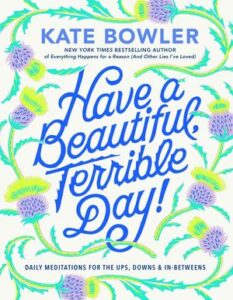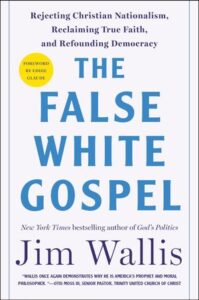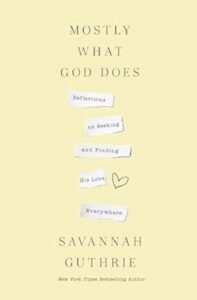Who is this book for?
- Individuals seeking a compassionate and inclusive approach to Christianity.
- Readers interested in exploring lesser-known Biblical texts and their contemporary relevance.
- Those who appreciate a blend of scholarly insight and accessible spiritual writing.
- People questioning traditional religious dogma and looking for a more open, contemplative faith.
- Individuals grappling with anger or despair in the current social and political climate.
Who is unlikely to appreciate this book?
- Conservative Christians who prefer strict adherence to traditional orthodox teachings.
- Readers looking for a straightforward, non-religious approach to dealing with societal issues.
- Those who find dense theological or philosophical writing challenging or unengaging.
- Individuals seeking practical, action-oriented guidance rather than contemplative spiritual insights.
- People who are uncomfortable with critiques of traditional religious institutions or interpretations.
Things online reviewers enjoyed about this book
- Offers a wholehearted and hope-filled model for living in difficult times
- Provides fresh insights into lesser-read books of the Bible
- Presents a compassionate approach to confronting injustice and recognizing human interconnectedness
- Combines extensive biblical scholarship with accessible, warm writing
- Encourages readers to engage directly with prophetic texts
- Offers a framework for reading and understanding prophetic books of the Bible
- Presents a perspective on Christianity rooted in love, simplicity, and connection with all creation
- Challenges readers to move beyond dogmatic beliefs to lived, transformative faith
- Invites readers to embrace mystery and let go of rigid structures in spirituality
- Provides timely wisdom for dealing with anger and moving towards compassion in a world of outrage
Things people didn't like as much about this book
- Some readers find parts of the book dense or challenging to follow
- Rohr's interpretation of prophets as 'less developed' or 'more mature' may be seen as presumptuous by some
- The author's progressive stances on social justice and inclusivity may alienate conservative Christians
- Some critics argue that Rohr strays from orthodox Christianity, particularly with his 'Universal Christ' concept
- The book's heavy focus on scripture may be difficult for non-Christian readers
- Rohr's writing style can feel disconnected or hard to relate to for some readers
- Some find Rohr's attempts to address modern issues as 'overly-woke' or awkward
- The book may not meet expectations of readers looking for more generalized prophetic wisdom beyond Biblical context
- Some readers perceive a tone of superiority in Rohr's writing despite his claims of humility
- The structure of the book can feel scattered or rambling to some readers




